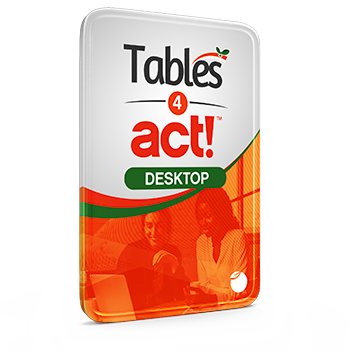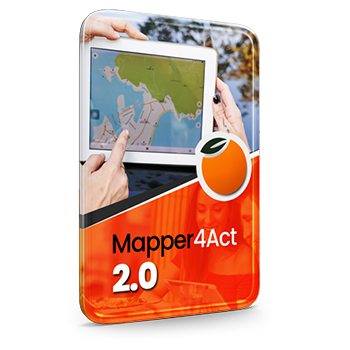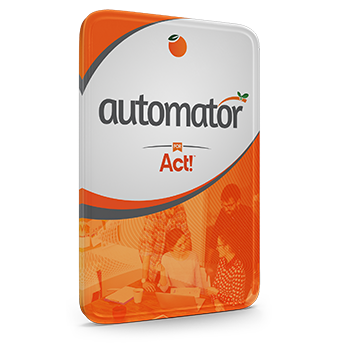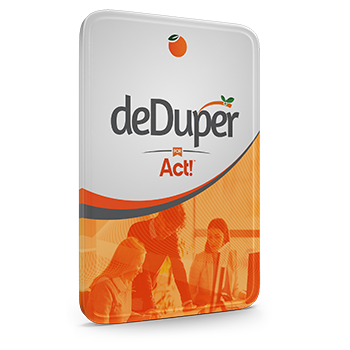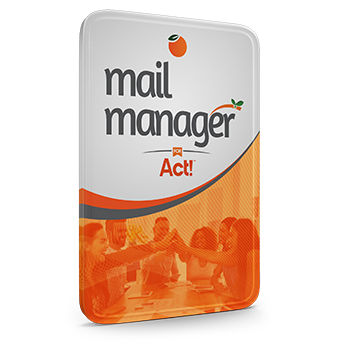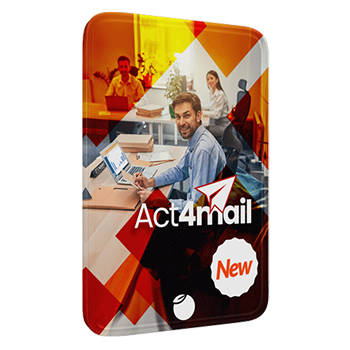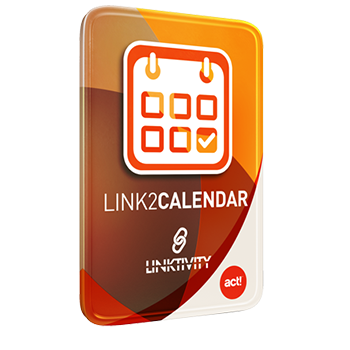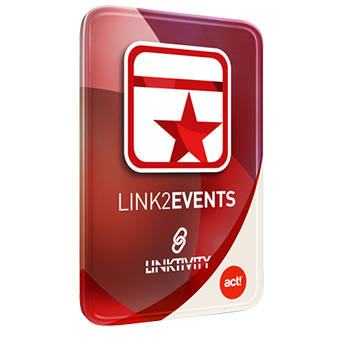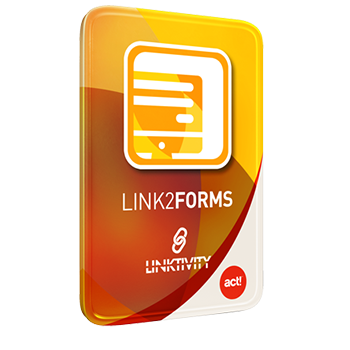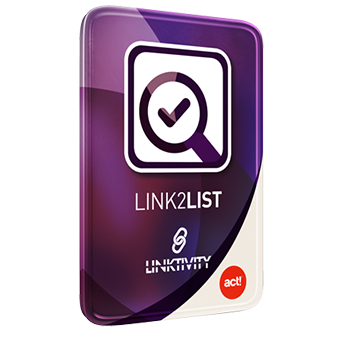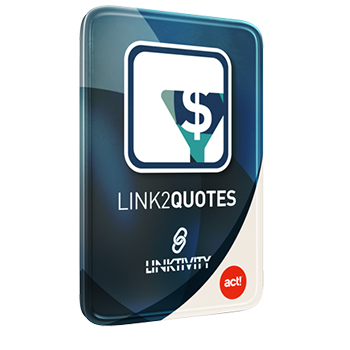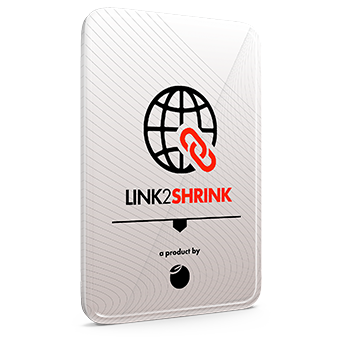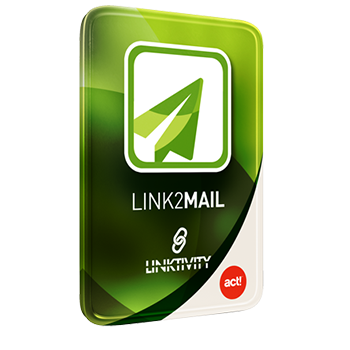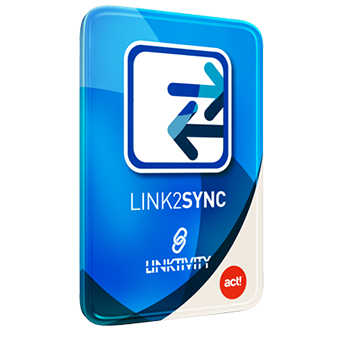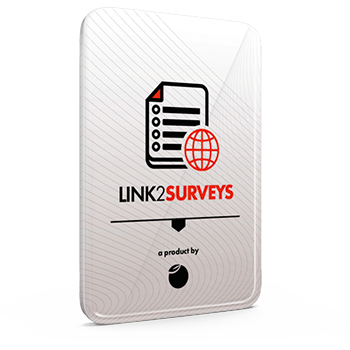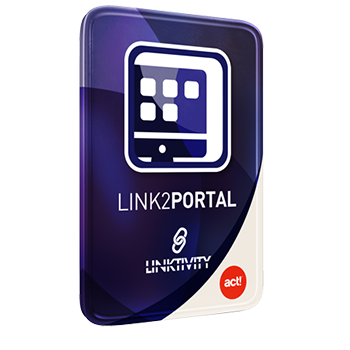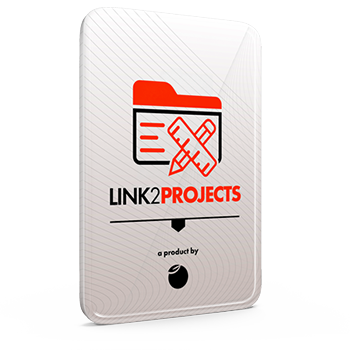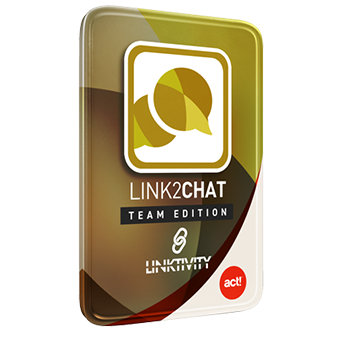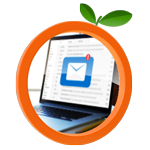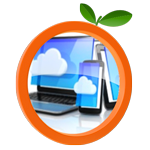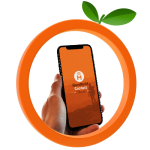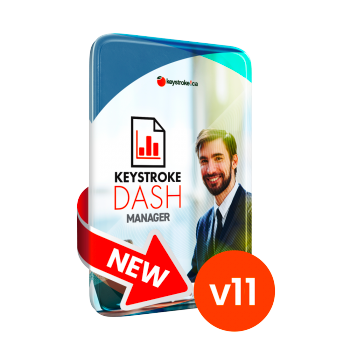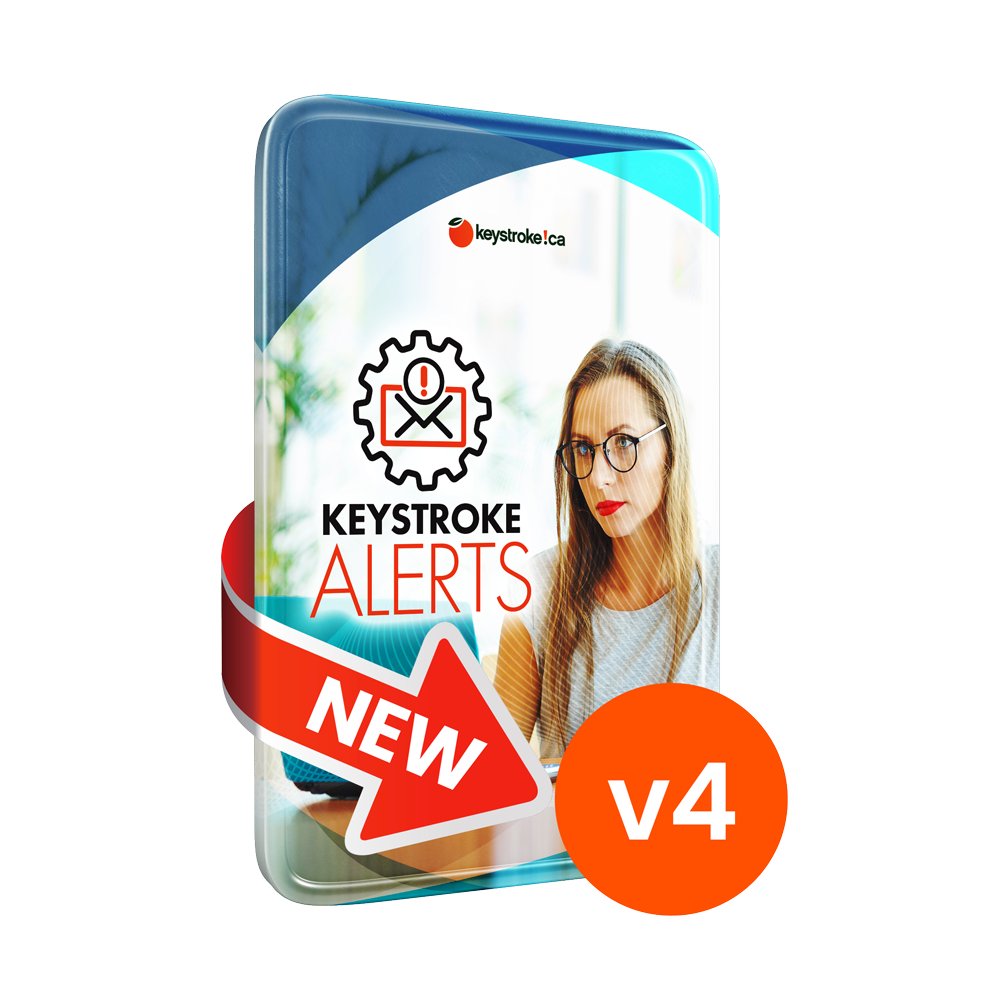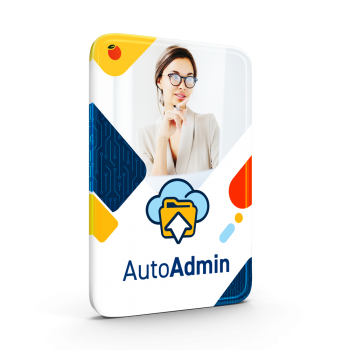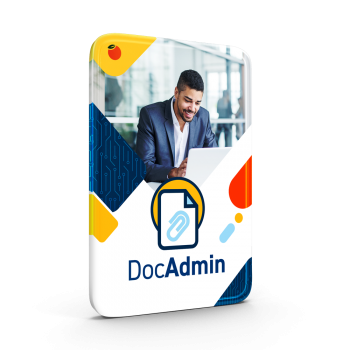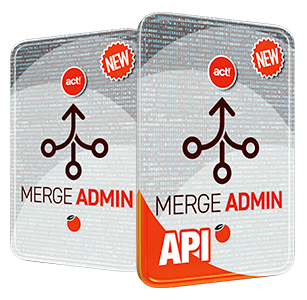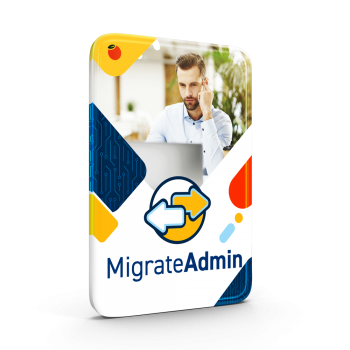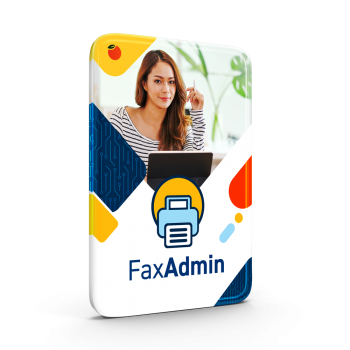Since last month’s launch of Qsales v13, we’ve received a lot of great feedback on the features and capabilities of this new version, but admittedly single users have been less pleased.
Why? Well because with previous versions of Qsales they could use the same QuickBooks license for Act! as they did for logging into QuickBooks. Sure, they needed both Act! & QuickBooks open all the time, but this was a price worth paying if it meant saving money on software.
Unfortunately, with the advent of the Act! v24, this way of connecting Act! and QuickBooks was no longer supported because the 32-bit QuickBooks could not talk to the new 64-bit version of Act!.
This compatibility issue was the first inspiration behind the Qsales API. Not only did it act as a shim between the two programs, but it also saved larger teams lots of money because all their Act! users could now connect to the accounting data through a single dedicated QuickBooks license.
This technical achievement was a small consolation, however, to the users that now faced increased QuickBooks licensing costs, with many choosing to avoid the Act! and Qsales upgrade altogether.
Problem meet solution
We get it, which is why we’re so excited to announce that Keystroke has just released a new Qsales API version as part of the new Qsales v13.1 that can be installed with either “Personal” and “Server” options that address the needs of both small and large teams.
NEW PERSONAL QSALES API
CLICK TO ENLARGE
The new Personal Qsales API
The Personal method is ideal for small teams of 1-3 users that typically do not have a dedicated QuickBooks license for Qsales, and who do not require access to the Qsales API from outside the firewall. The Personal method runs more like an “application” than a “service”, and as such it must be manually restarted when the Qsales computer or server is restarted.
The Server method, on the other hand, can be configured with a dedicated QuickBooks license and supports external SSL connections to the Qsales API that will allow remote users to perform most of the same Qsales functions as those working inside the company firewall. And because it runs as a service, the server method requires less manual intervention when the Qsales server is restarted.
Both deployment methods have the same system requirements, so users can select what is most appropriate for their needs. As you can see from the image above, the Qsales API utility for the personal option, even generates a URL that you can use on your network, and then allows you to configure which port to use. Phase three is simply to run the application.
So there you have it, Qsales 13.1 now gives you choices. Get the convenience and capability of Qsales server for larger teams and save big bucks on QuickBooks licensing, or deploy it in "personal" mode with your current QuickBooks licensing, and avoid paying extra for features you don’t need.


